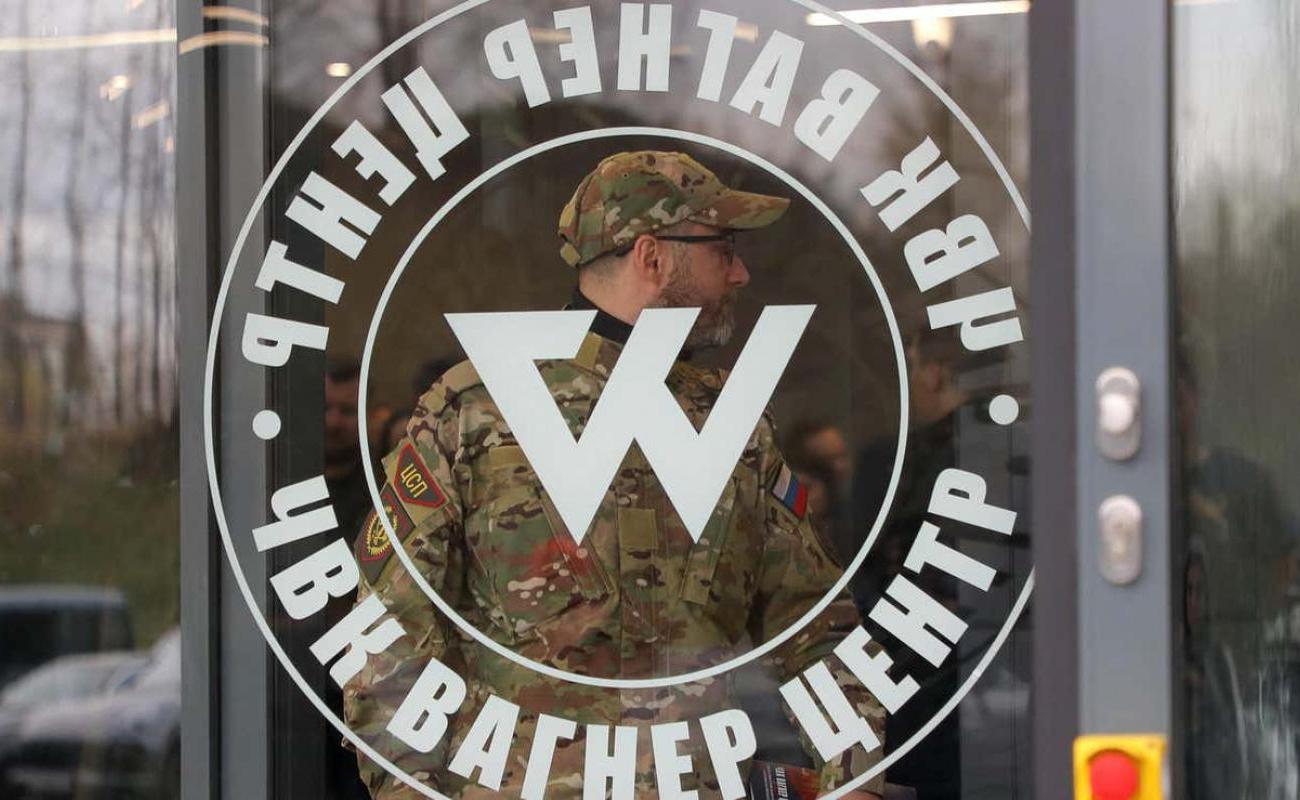The Wagner Group pays fighters twice as much as the Russian military

Before threatening Vladimir Putin, Yevgeny Prigozhin splurged cash on mercenary recruits
Russian private military contractor Wagner Group has been in business with the Kremlin for almost a decade now. As the mercenary unit became more prominent on the battleground in Ukraine, so did its chief Yevgeny Prigozhin’s criticism of Russia’s military leadership.
The growing tensions reached a climax over the weekend when president Vladimir Putin’s once trusted ally dramatically decided to order his fighters to turn their sights and weapons towards Moscow—just to halt the advance before reaching a critical point of confrontation with the Russian army just 200 kilometers from the capital. A deal announced by Kremlin spokesperson Dmitry Peskov said Prigozhin would move to Belarus and no one involved in the armed rebellion would face charges.
Private military companies (PMCs) are technically illegal under the Russian constitution. This means the group, sanctioned by the US, the EU, Australia, Canada, Japan, and the UK, allows the Kremlin plausible deniability. Wagner casualties don’t have to be formally acknowledged, their torture tactics can fly under the radar, and foreign states can contribute to their coffers to support their operations in various conflicts. Wagner has grown into a behemoth while operating in the shadows, brokering big money deals in poor conflict-ridden nations, and it’s splurging the cash on thousands of recruits.
The monetary incentive to join Wagner, by the digits
200,000 rubles (around $3,500): How much former prisoners were promised for six months of service by Wagner, before it apparently stopped recruiting from prisons in January. The median salary offered to Russia’s military personnel ranges from 70,000 to 100,000 thousand rubles ($930-1330)
